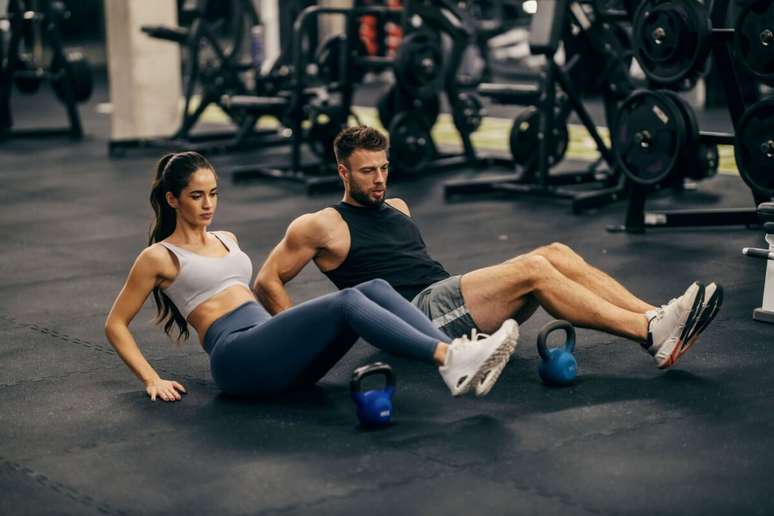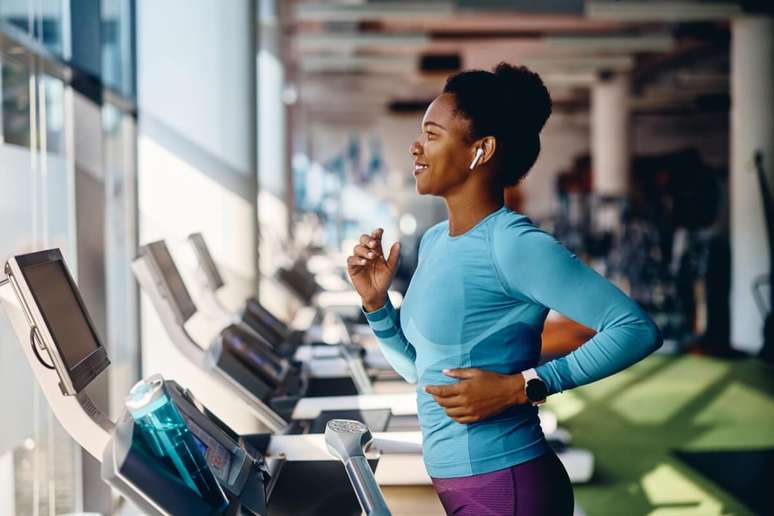It’s important to take into account your biological rhythm and routine to ensure exercise fits into your daily life.
Practicing physical activity is essential for maintaining the health of the body and mind. It helps strengthen the cardiovascular system, improve muscle endurance, control weight, prevent a number of diseases, relieve stress and improve mood. To get the most out of these benefits, it is important not only to choose the type of exercise that best suits your lifestyle and preferences, but also to find the best time to do it.
Therefore, below, Fabio Vieira, associate professor and ad hoc dean of Logos University International, post-doctoral in Neuroscience, PhD in Human Movement Sciences and master’s degree in Physical Education, explains the impact of schedules on physical performance. Check!
The best time to exercise
The human body follows natural rhythms throughout the day, known as circadian rhythms, which influence essential biological functions such as body temperature, hormone production and wakefulness. According to Professor Fabio Vieira, choose the best time to physical activities it is closely linked to these biological cycles.
He also explains that choosing the ideal time for training can vary not only from individual to individual, but also depending on the type of sport practiced. “Sports that require explosiveness, such as athletics, tend to benefit from afternoon training, while more technical activities, such as tennis, can be performed at varying times, depending on the athlete’s strategy and needs.”
Training in the morning
In the morning, the body is still transitioning from the resting state to the active state. This means that, for some people, morning workouts may require a longer warm-up time as their body temperature has not yet reached its peak.
However, this phase of the day also presents higher levels high cortisol levelswhich can help improve mood and combat stress. “People who like to train in the morning can benefit from the feeling of well-being and the ability to better organize their daily routine,” explains Fabio Vieira.

Afternoon training
Throughout the day, especially in the afternoon, the body reaches its maximum in terms of temperature and muscle function. For Fabio Vieira this is the period in which many experience a greater explosion of energy and physical performance.
“Body temperature is higher in the afternoon, which can improve performance in physical activities that require strength and endurance,” he says. Additionally, mental alertness and motor coordination levels tend to be at their highest at this time, making it easier to do so more complex movements and improve performance in technical sports.
Night training
For those who prefer to do physical activity at night, studies indicate that there may be benefits related to the quality of sleep and muscle recovery, as long as the activities are carried out with caution, to avoid interfering with the natural processes of rest.
The teacher emphasizes that the important thing is to adapt the practice to the context individual needs: “Nighttime exercises can be very effective, but you need to observe how your body reacts and adjust the intensity so as not to disturb your sleep,” he advises.
Importance of sleep for training
In addition to time, sleep quality also plays a crucial role in physical performance. According to Fabio Vieira, adequate recovery is critical to the success of any exercise program. “Sleep is the period in which the body regenerates and repairs muscle damage caused by training. Without quality sleep, the recovery process is compromised, which can lead to lower-than-expected performance and increased risk of injuries”, he explains.
Sleep deprivation can significantly reduce physical performance capacity, affecting both strength and endurance. Furthermore, it can also have a negative impact on motor coordination and reaction times, which are essential factors for many sporting activities.
“It is important that people not only choose the right time to exercise, but also ensure adequate rest to maximize the benefits of exercise,” adds Fabio Vieira.
The best time depends on each person
Ultimately, there is no single answer to the best time for physical activity. The most important thing is that the choice of when to exercise is made based on personal goals, lifestyle and the body’s response to different stimuli.
Fabio Vieira underlines that, regardless of the time chosen, regularity and quality of sleep are essential to guarantee good results: “Constant practice, combined with respect for the body’s limits and good recovery, is what really brings the benefits long term.”
By Rosalia Oliveira
Source: Terra
Ben Stock is a lifestyle journalist and author at Gossipify. He writes about topics such as health, wellness, travel, food and home decor. He provides practical advice and inspiration to improve well-being, keeps readers up to date with latest lifestyle news and trends, known for his engaging writing style, in-depth analysis and unique perspectives.





![Tomorrow belongs to us in advance: Bart looked at us! [SPOILERS] Tomorrow belongs to us in advance: Bart looked at us! [SPOILERS]](https://fr.web.img5.acsta.net/img/af/35/af359d527d6d271621ed2b01f9443f9a.jpg)

![UN SI Grand Soleil in advance: Ludo trap … What awaits you on the week of October 13, 2025 [SPOILERS] UN SI Grand Soleil in advance: Ludo trap … What awaits you on the week of October 13, 2025 [SPOILERS]](https://fr.web.img6.acsta.net/img/7b/c9/7bc95a441d5f495ce3a7f05cbfbc580e.jpg)
